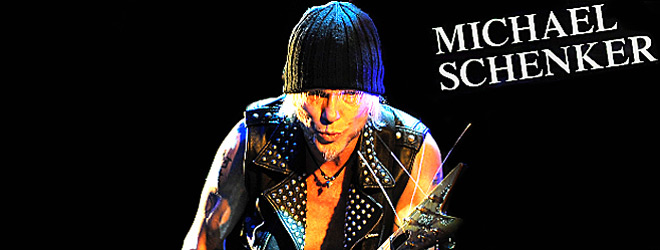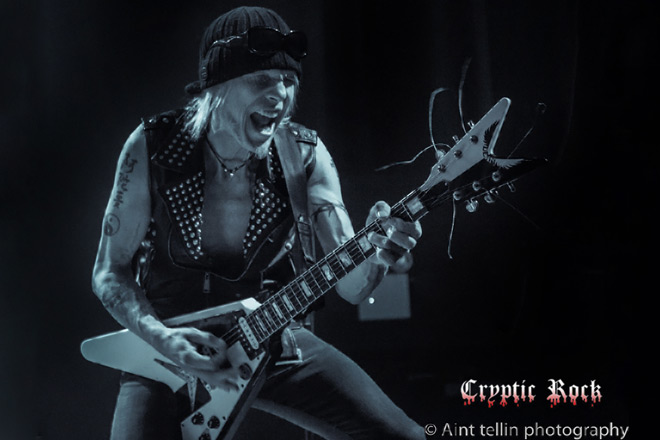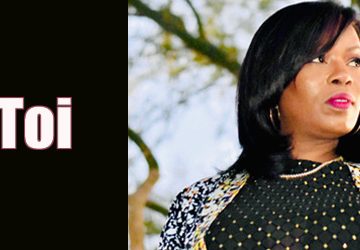When thinking of the most prolific guitarists in Heavy Metal history, chances are Germany’s own Michael Schenker comes to mind. Beginning his professional music career at only fifteen years old, Schenker would go on to become an intricate part of the legendary Scorpions. Later, spending time with British Heavy Rock outfit UFO, Schenker earned more experience, further solidifying himself and proving he was one of the most inventive players in the genre.
Having set his eyes primarily on the satisfaction of crafting music, as opposed to just fame and fortune, Schenker finds himself back at the forefront of the Rock world with his latest band, Temple of Rock. With so much accomplished already achieved to this point, Schenker still has a fire burning and is showing no signs of creatively slowing down. Recently, the iconic guitarist sat down for an in-depth into his past, his plans for the future, his love for writing music, and much more.
CrypticRock.com – You have been involved in Rock-n-Roll for the better part of four decades now. Many would call you a legendary figure in the history of Heavy Metal. What has the journey been like for you?
Michael Schenker – It has been amazing. I mean an amazing story and journey. At this point in time if I look back I can see very clearly what has happened. I can see now that there were three stages involved.
The first stage of my life was developing as a guitarist, and my music contribution, created in the ‘70s, laid the groundwork for the ‘80s. Then I did the Lovedrive album in 1979 with the Scorpions, and that opened the doors for the Scorpions in America. I was kind of putting things together at my own pace, experimenting with music, doing instrumentals, acoustic instrumentals, and electric instruments; all the sorts of things that I could not really do with a touring band where someone else was in charge. There was just some stuff I needed to get out of my system, plus the urge to play, experiment, and develop on a musical and personal level. I was thirsty for all that kind of stuff.
The school of life basically was my middle years. Then, somewhere around 2008, I felt this urge to be back in the loop of Rock-n-Roll. Somehow, I was having incredible fun on stage, and I took that as a sign. I also wanted to put this one-time incredible era in the foreground, celebrate it, and also celebrate what I had learned. So, basically, my musical contribution was the first stage, the learning and the school of life was my middle years, and celebrating the incredible era of Rock is my third stage.
That has been the journey, and along the journey, I’ve had incredible experiences of development. Almost on a yearly basis, I could see myself developing to the next level, starting all the way from the Scorpions’ Lonesome Crow (1972) album and making a record at the age of fifteen years old. Then, I went to England and took that step to become part of a British band (UFO). I was in a country where I always wanted to be because that’s where people understood what I was doing. There were a lot of experiences to be had – from the touring aspects, the new land I was living in, the new culture, the different types of mentality, and then coming over to The States. For a person like me, who is very universally oriented, it was a perfect place to be. It has been an unbelievable journey, to be honest.
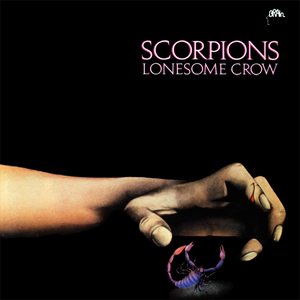
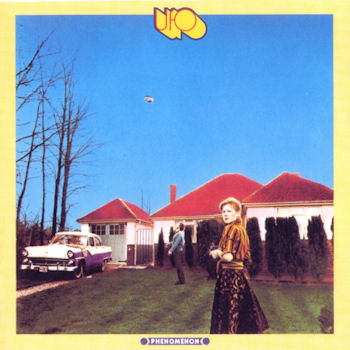
CrypticRock.com – It certainly sounds like an amazing journey. Do you have very fond memories of the time you spent with the Scorpions and UFOs?
Michael Schenker – Yes, of course! It has more to do with development. It seems to be my function or assignment to be more like a helping hand when needed. Then, in between it all, I do my own thing and develop on a personal and musical level.
My brother is the vision of Scorpions, basically. He had the name Scorpions before he could play guitar. He already had a vision, a very strong vision, so he knew exactly what he wanted to achieve. He is more like a magician, and I am more like a musician (laughs).
I don’t know how he did it, how he achieved so much success, but it’s incredible. I guess he is a visionary. He has a very strong visual way of knowing what he wants; so do I but in a different direction. I really admire how, as a person, he is capable of following through right from the beginning to the end and making a dream come true. I did the same thing but on a different level with my guitar playing.
I actually wrote songs for 1974’s Fly to the Rainbow and then shared them with the rest of the guys. Then I went to UFO, and that basically was a jump-start for my brother because he got Klaus Meine into it. He always had an eye on Klaus Meine, but he didn’t know how to get him. When I was developing as a guitarist at a very fast pace, he just somehow did it. If I look back now, I knew what he was doing; he basically collected Klaus with me, and he wanted to see how that would go. He created a situation where he was able to get Klaus and me into his territory so he could continue his vision.
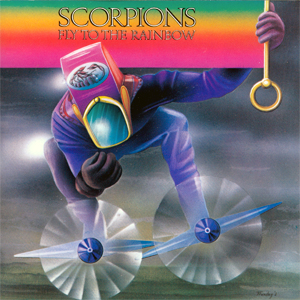
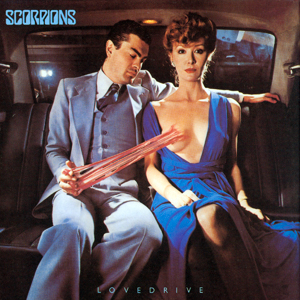
When I went to join UFO, I got Uli Jon Roth to join the Scorpions, who was a great guitarist at the time, and I remember seeing him. As a result, I didn’t feel bad about leaving the Scorpions because I was convinced that Uli would do well, but then I came back. When I left UFO, they were having issues with Matthias Jabs completing an album to their expectation, so I did the Lovedrive record with the Scorpions.
If you look back at the same as UFO, my function seemed to be more about refueling something or just helping out and then letting it take its course. For me, other things are more important than being famous, successful, and rich. My passion is more about playing and discovering; my guitar playing is enough of a reward. How I can experience the development on the guitar, as well as the discoveries I make along the way, are rewarding within themselves.

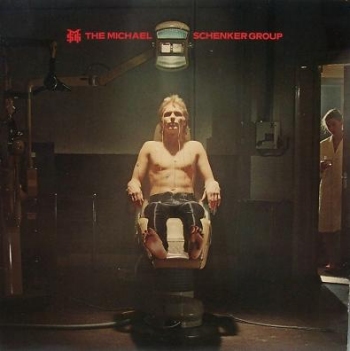
CrypticRock.com – It is very understandable and commendable to see your dedication to the music. After reforming The Michael Schenker group, you went on to record a slew of solo albums and then went on to Temple of Rock in 2011. The Temple of Rock band features a lot of accomplished musicians. What inspired this new band?
Michael Schenker – As stated, in 2008, somehow, I felt I needed to be back in the loop of Rock-n-Roll. Maybe I have been preserved to be in a band, finally. It seems to be like summertime because, looking back for forty-three years, I have been writing from within. I stopped listening to music when I was eighteen, stopped copying when I was eighteen, and developed my own style. I also got preserved from not being overexposed to that music and getting bored with it. For me, it is all fresh as ever, and plus, the thirty-year cycle in my brain, which has taken its course, makes me feel like I’m revisiting my youth. I want to re-experience and re-digest. Now, I have a chance to combine all of the emotions and experiences and put them all in one.
My music is like the Holy Scriptures because they come from within, and that’s why I came up with the name Temple of Rock. I wanted to put a live act together and an album. Actually, when I put the album together, I was not ready for the live performance, but that’s how it all started. I came up with the name, realizing that I’ve been doing this music all my life, and that is why I call this music temple of rock…my temple of rock.
By inviting all the other musicians, I realized that externally, it was like a temple of rock, and that developed one thing into the next. Michael Voss only ended up on the first album helping me out with guide vocals, and then I heard him sing and said, “Wow, you can actually sing. Why don’t you sing on the album?” Pete Way and I were getting together for a “Life Project,” so he then joined. I had no idea what I was doing, but the pieces basically all came together by themselves. When it came time for me to go on tour, that is when the Temple of Rock concept of life started. I realized that I wanted to perform all my music from the past.
At first, Michael wasn’t available to sing, so I started off in America with Robin McAuley and then with Doogie White in Europe. That’s how it all happened, step by step. One thing led to another, and then I made a DVD just in case something happened, so at least I had the memory… but it got even better. I suggested making an album, which became 2013’s Bridge The Gap, and then the newest album, Spirit on a Mission.
It started off somewhere and out of nowhere, but it developed into all of this. Now, it’s coming to a point because we have been using Michael Schenker as a platform, and the chemistry has been great. After three albums, we feel ready to just be this band, Temple of Rock – now we don’t have to play that many of the songs from the past anymore. Temple of Rock has developed its own identity. That’s the plan at this point in time, and at some point, we should be playing a lot of songs from our new albums. Hopefully, by that point, people will know them.
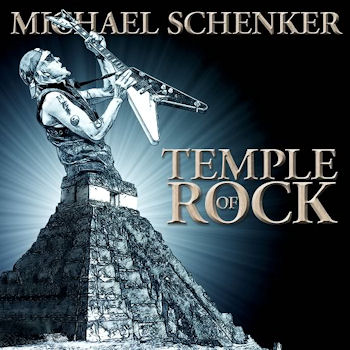
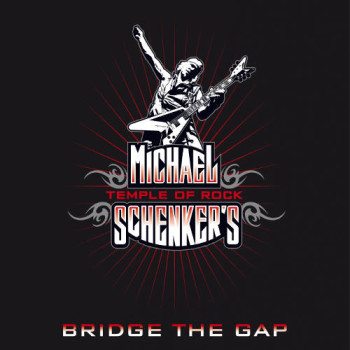
CrypticRock.com – That is a good goal, and Temple of Rock has been doing excellently. You have kept the Temple of Rock going strong, and now the band returns with its third full-length album, Spirit On A Mission, in March of 2015. What was the writing and recording process like for this new album?
Michael Schenker – I already knew what I wanted to do next after Bridge The Gap. I used a little bit of seven-string on Bridge the Gap, so on Spirit on a Mission, I wanted more of that heavy, deep sound to have it be a more balanced and well-rounded album. I wanted to use as many elements and emotions available from the past and present as possible. I asked Wayne Findlay to write a few riffs, and then I added my ideas to them. Then, with Doogie’s vocals, it became an additional great chemistry that we could use in the future.
Every time you put different people together, you get different outcomes, and the outcome of Doogie, myself, and Wayne has been very good. I wanted this album to be very majestic, melodic, fast, and also, at some point, deep and heavy. Doogie did an amazing job with his vocal abilities. There are a couple of UFO-like songs that are mid-tempo. Putting it all together, it becomes a very balanced album that can be listened to from the beginning to the end, like a book that has highlights.

CrypticRock.com – Right, that is what makes a great album. Seeing as you have worked on over thirty-five studio albums in your career, what are some of the key aspects you have learned that you take with you into the writing nowadays?
Michael Schenker – It is just being. You are who you are now. It is all based on the past. Basically, all I have to do is dig inside myself and keep writing from within. That is the key; it is infinite. I just make sure that I enjoy whatever I come up with.
That is the beauty of it. If you’re not connected to a trend, you’re not under pressure, and you don’t have to do certain things that you don’t want to do. If you write from within, you can just be yourself and have fun. That’s the main thing. Those things that are important will come out and appear.
CrypticRock.com – You seem to have developed that comfort where you can be yourself as a writer and performer. Speaking of performing, the band just began a string of dates in the United States.
Michael Schenker – Yes, and with the album lineup for the first time ever, featuring Herman Rarebell and Francis Buchholz – the original Scorpions’ Love at First Sting (1984) rhythm section – along with Doogie White and Wayne Findlay. We have tried for one and a half years to come to the States with this album lineup, but now it is time!
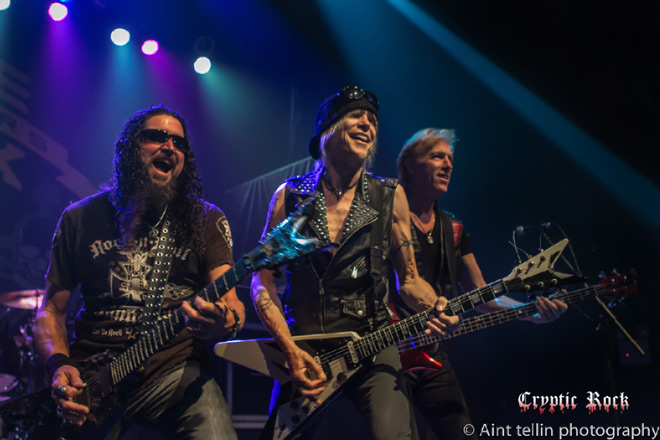
Michael Schenker – I don’t watch Horror movies… I hate them (laughs). I think I grew out of watching those things, especially since the special effects have really become unrealistic. I love the series The Millers; it’s amazing (laughing). I love Comedies, but that Comedy is just so funny. It kind of reminds me a little bit of my children, too. I couldn’t believe it when I saw that.

